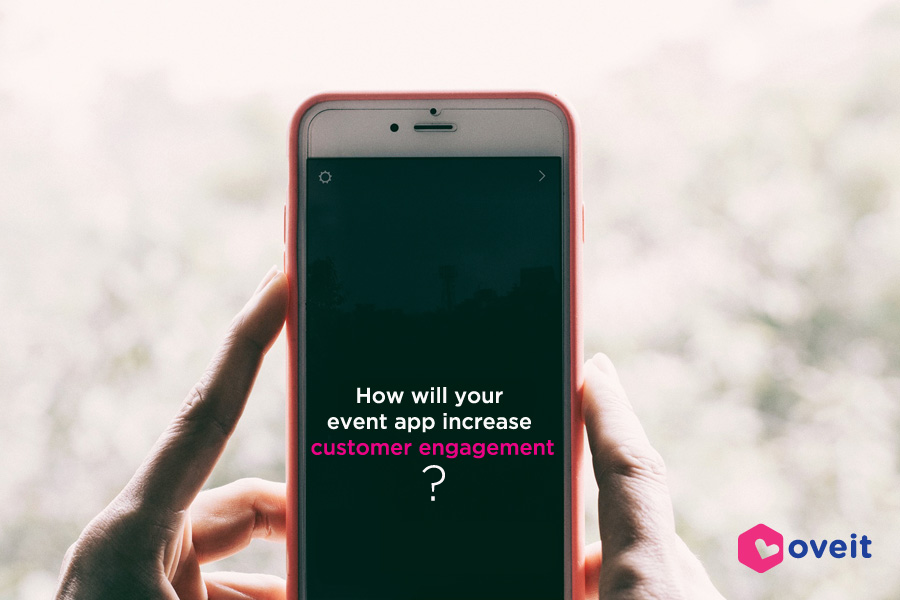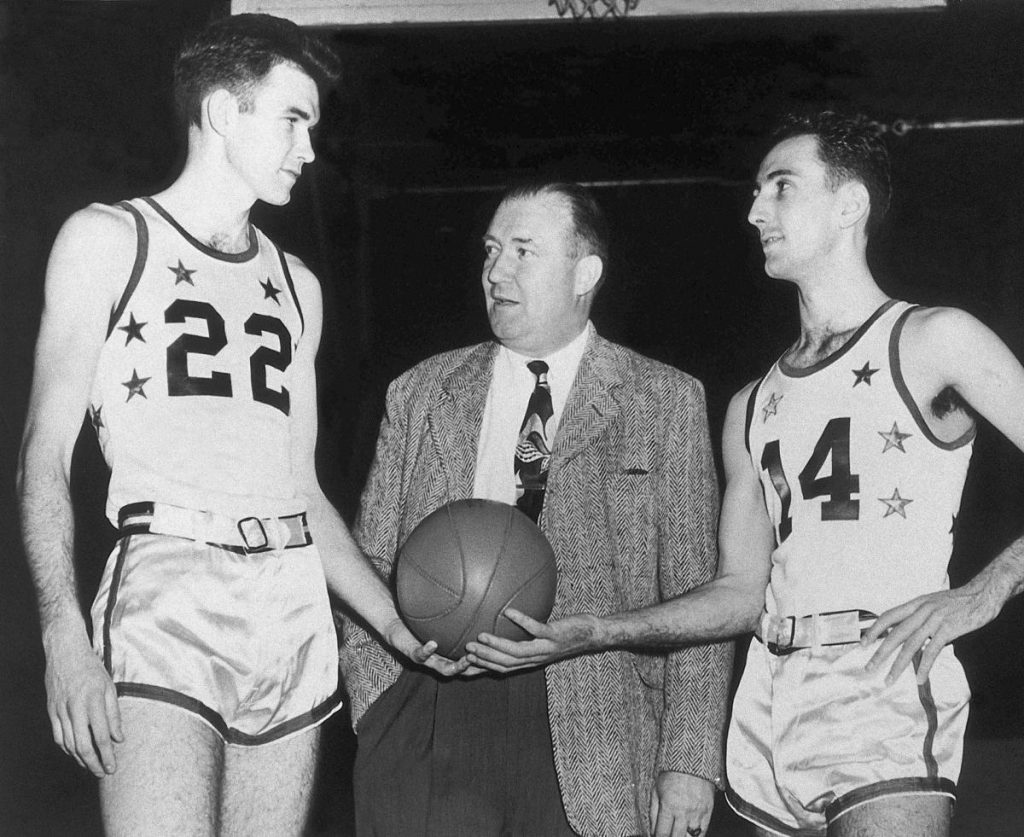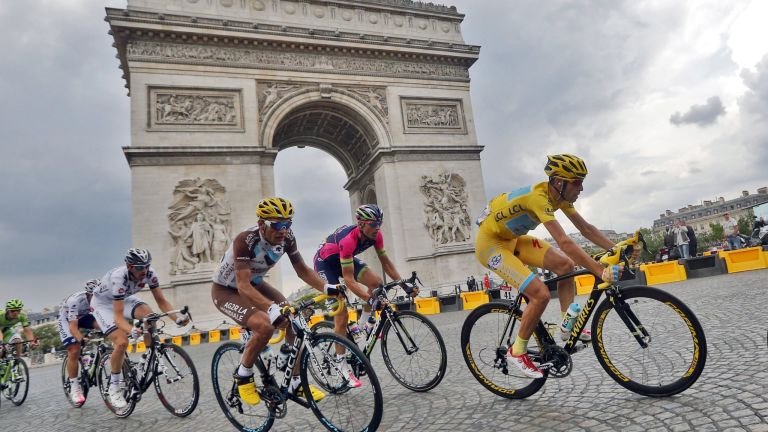You work hard to create the (almost) perfect event. And nothing compares to the feeling that you have when seeing the smiles on peoples’ faces, smiles that are a guarantee that they will attend your next events as well. You know that they will tell their friends, colleagues, and families what a great time they had and will act like ambassadors of your great work.
But what about those that never attended one of your events and neither do they know any of your past guests. How will you convince them that you deserve their time (and money)? What will make them decide to come to your events and not do anything else? The event management industry is highly competitive, nowadays there are so many events to choose from.
Here is where the power of words comes to the rescue. And even though marketing works on many channels (and we have talked about keywords, Twitter, Instagram and more) one thing is more important than anything: the way you tell your story. Words have the power to transfer feelings and the message that you choose can bring people towards your events or it can make you go unnoticed.
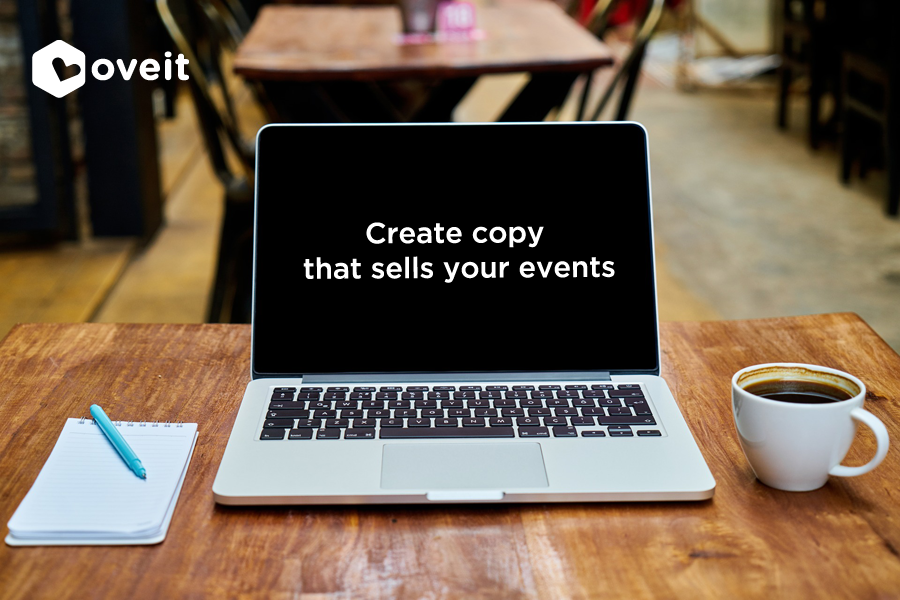
Here are 5 things that you should have in mind when creating the message for you future attendees:
Define your audience
You will never know how to adapt your message if you don’t know who you are writing for. Defining your audience should be the first step when building a marketing campaign. The better you know your potential customers, the higher the chances are that you will speak their language. And speaking their language is the key to getting to their hearts. Why get to their hearts? You will see later in the article.
Have (just) one goal
Setting too many goals can keep you off track. After all, we all have a limited amount of time and energy. If you want to gain more from your texts you should create them by having just one goal in mind for each of them. Trying to build a road that leads to too many directions you may end up with a road that leads nowhere. What is the ultimate goal of your text? To convince people to buy tickets for your event? To convince them to read your blog posts? To subscribe to your newsletter? No matter the goal that set up for your message you should make sure that it leads the reader towards it.
Look for the emotional response
In sales, there is a theory stating that “people buy based on their emotion, and afterward use logic to justify it”. If you want to convince people to come to your event try to call for their emotions, dreams, and aspirations. Planning a business conference? We all want to be our best version of ourselves, and your conference can bring us one step closer to it. A 3-day festival? We all deserve a break from work, calls, and emails. We all crave for a long weekend surrounded by friends and good music in a landscape worthy of a fairytale.
Always tell a story about your events
“Stories are a vital part of any business. And they are one of the most powerful tools you can use to engage your audience.” Tony Robbins
You create experiences that, over the years, transform into your attendees’ memories into unforgettable tales. Stories have the power to carry us through time and space and show us that dreams can be fulfilled. Let people know your story and the ones of your attendees and they will want to be a part of your remarkable journey.
Keep it simple
In order for a message to touch us, we first need to understand it. With hundreds of messages that are “pointed” toward us each day we have started to filter things to see what deserves our time and what does not. Things we cannot understand easily will have a hard time getting our attention.
ex:
I can be that your attendees don’t care about the technical details of NFC technology, but will love the fact that they can add credit on a wristband and pay with just a tap of the hand. Too many details will make things more complicated than they need to be.
People should know the passion you invest in your events, but they should also know their gain from attending them. After all, there is one Radio channel that we all listen to and that is WII FM: What’s In It For Me? A medical conference, festival or concert, your attendees will choose to come to your event only if they can picture themselves in your story.
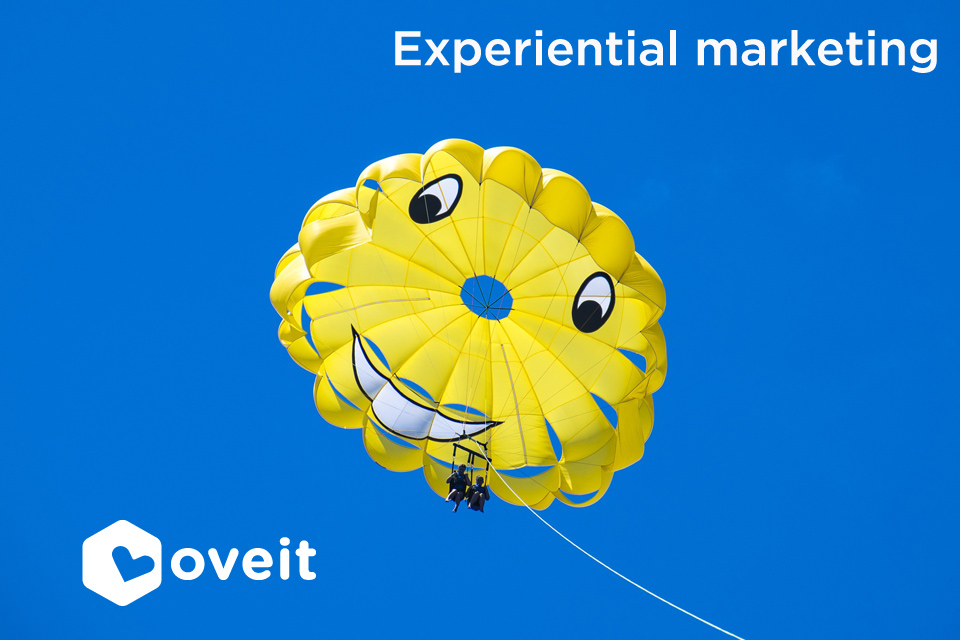 It’s one thing to imagine that you are driving a sports car, it’s another to actually be behind wheel and hear the purring engine. It’s one thing to watch a billboard that invites you to visit the Canary Islands, it’s another to feel the sun comforting your skin. It’s one thing to see an online ad and it’s totally different to FEEL the benefits a product can give you.“…Involve me and I learn”, Benjamin Franklin’s quote can be adapted to the experiential marketing scene. “Involve me and I will see and feel how your product can help me”.
It’s one thing to imagine that you are driving a sports car, it’s another to actually be behind wheel and hear the purring engine. It’s one thing to watch a billboard that invites you to visit the Canary Islands, it’s another to feel the sun comforting your skin. It’s one thing to see an online ad and it’s totally different to FEEL the benefits a product can give you.“…Involve me and I learn”, Benjamin Franklin’s quote can be adapted to the experiential marketing scene. “Involve me and I will see and feel how your product can help me”.